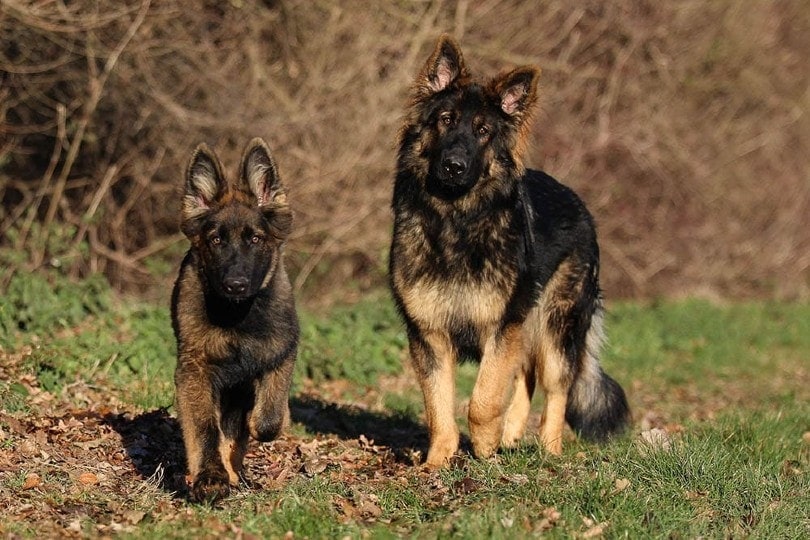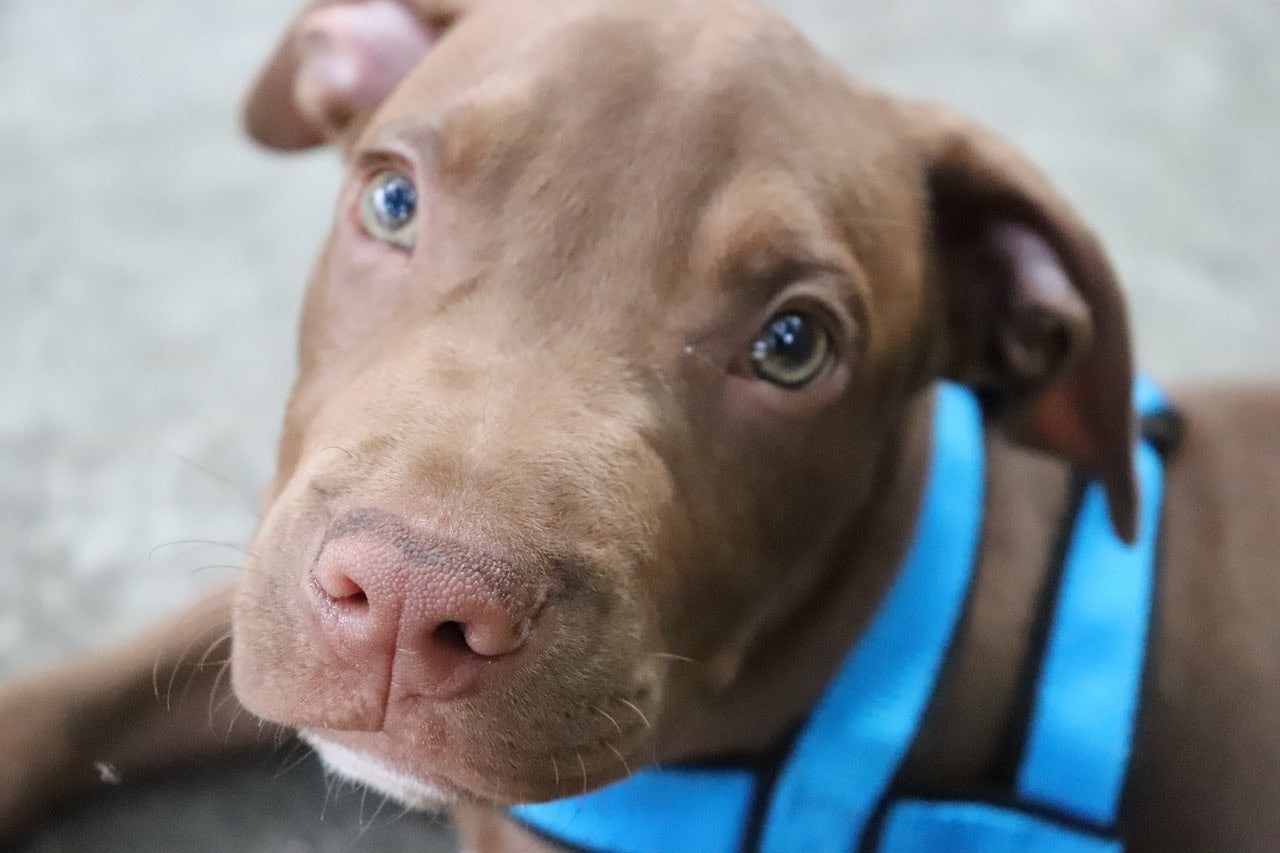Are Huskies Hypoallergenic? What You Need to Know
Updated on
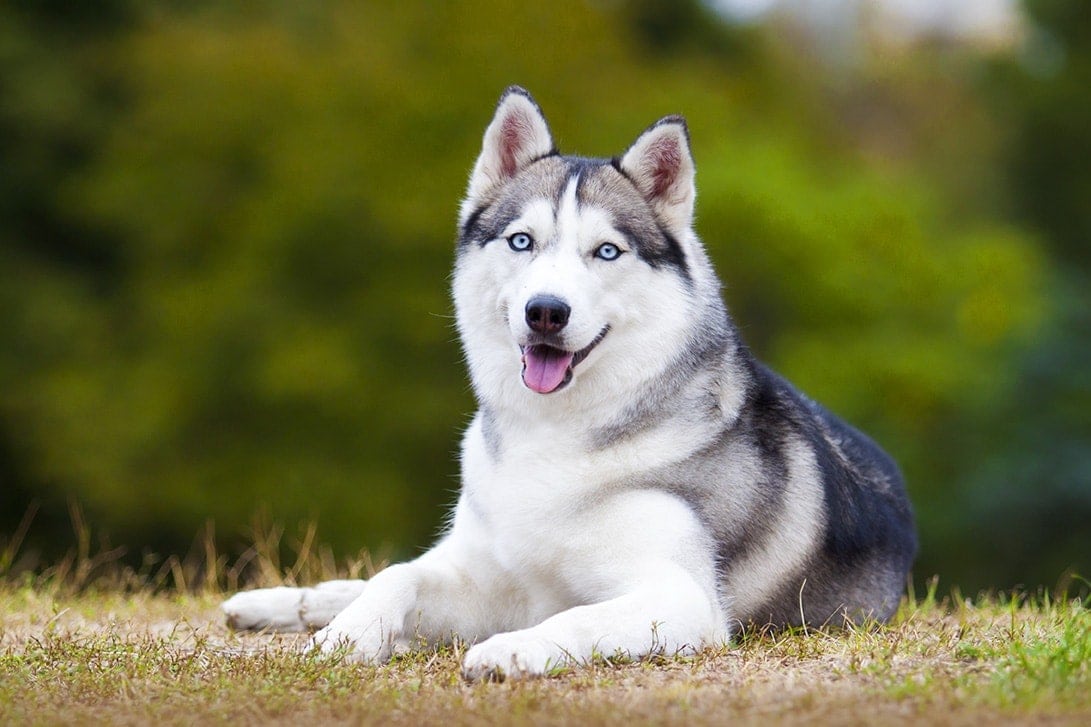
No matter what definition you provide to the word “hypoallergenic,” Huskies are not the best choice for those with dog allergies—in most cases. The concept of a hypoallergenic dog is quite complicated, which makes the answer to this question a bit complex.
There is no truly hypoallergenic dog. All dogs produce proteins and dander that can set off someone’s allergies. However, some dogs seem to produce more than others. Some others seem to spread it around extra-well, which can cause more allergic reactions. Huskies are often considered to fit into this latter category.
What Are Dog Allergies?
Our immune system works to protect us from the bacteria and viruses that may make us sick. However, in some cases, our immune system improperly labels something as dangerous when it couldn’t be safer. Sometimes, this happens with the proteins our dogs make. While our pet’s dander isn’t going to harm us, our immune system thinks it will.
When those with allergies come into contact with dog proteins, their immune system fights it. This creates an immune response, which makes signs like sneezing, swelling, itching, and the other things we commonly see with allergic reactions.
There are about six different types of proteins that dogs create, though we just discovered three of those not that long ago, so it wouldn’t be surprising if there were more. These proteins are found throughout the dog’s body. However, the locations that often cause issues for those with allergies are the skin, saliva, and urine.
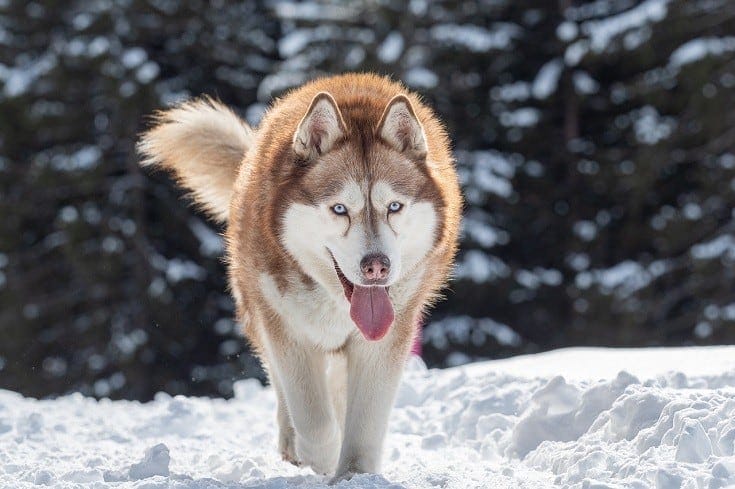
You can be allergic to just one protein a dog creates, or you can be allergic to more. Most of the time, it doesn’t matter. Since all dogs pretty much make all the same proteins, it wouldn’t make much difference in which of these proteins you react to.
The only exception to this rule is those that are only allergic to the Can f 5 protein. This protein is only made in a dog’s prostate gland. Because only males have prostates, it is absent in females. Therefore, it is possible to be allergic to male dogs and not females. In this case, you would be able to adopt a female Husky without much problem.
Most allergen tests label all these proteins as “dog.” Therefore, they can’t exactly tell which protein you’re allergic to. You usually have to ask specifically for a Can f 5 test to determine if you’re just allergic to male dogs.
What Makes a Dog Hypoallergenic?
Most dog breeds that are labeled as “hypoallergenic” are low-shedding. This is thought to be necessary, as hair can help spread the saliva and dander that causes allergic reactions. Someone with allergies isn’t allergic to a dog’s fur. Instead, they are allergic to the dander that’s stuck to that pet’s fur.
A dog that doesn’t shed very much will still produce dander and saliva. All dogs have skin, and therefore all dogs will have dander. There isn’t any way around that.
While the idea that shedding helps spread around allergens is logical, science doesn’t back it up. One study found that there was no difference between the allergen levels in homes with hypoallergenic dogs and homes with un-hypoallergenic dogs1. In other words, all the dogs seemed to spread their dander around at about the same rate.
This study found that one of the most popular hypoallergenic dogs – Poodles – actually had the highest dander concentration level. Labrador Retrievers, which usually aren’t considered hypoallergenic in the least, had the least amount of dander.
There was no particular difference in dander level depending on the dog’s sex or age. There was also no difference based on how often the dog was bathed, even though this is a common suggestion for allergy sufferers with pets. Swimming was found to make a difference, though.
Huskies were not featured in this study. However, it does tell us that Huskies likely don’t produce any more allergens than any other dog breed. Therefore, if you’re set on adopting a dog, a Husky is just as good of an option as any other.
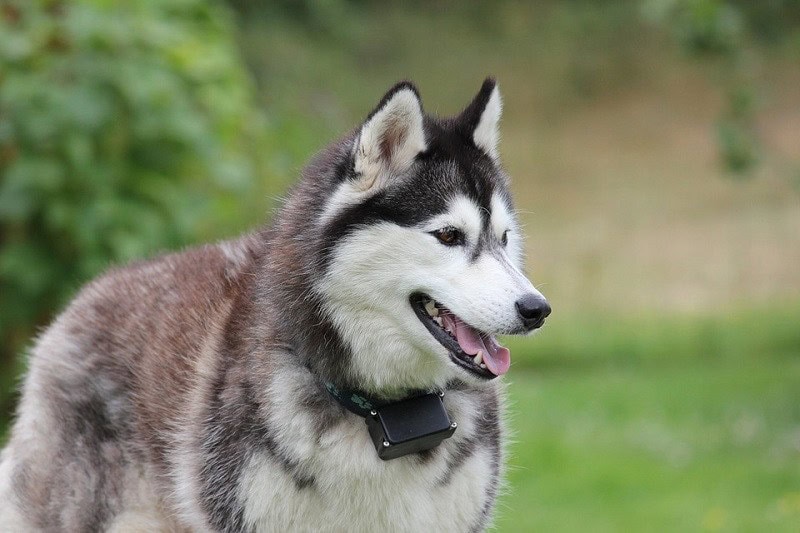
Are Huskies Hypoallergenic?
Huskies are not hypoallergenic, but as discussed, there are no truly hypoallergenic dog breeds. With appropriate management, you can likely adopt many different breeds even if you have dog allergies. Which brings us to…
Can an Allergy Sufferer Adopt a Husky?
As we previously discussed, there is no significant difference in allergens between most dog breeds. There is no one breed that will never set off your allergies. Much of your allergy reduction strategy will involve practical steps to reduce the number of allergens in your home—not choosing the correct dog breed. Therefore, someone suffering from allergies could adopt a Husky. It wouldn’t be much different from adopting a Poodle.
If you decide to adopt a Husky, there are a few things you can do to limit your allergy symptoms. Here is a quick list:
- Use HEPA filters. You should place HEPA filters around your home. In this situation, more is always better. Choose high-quality options, but purchase as many as you can afford. Prioritize places where the allergy sufferer spends the most time, including their bedroom.
- Use a dog allergy cream. Utilize a dog allergy cream that can reduce the amount of dander your dog can pass around. These can be purchased from some pet stores, though you can also purchase them online. These are completely safe for dogs and may significantly help.
- Don’t let the pet in your room. You should not let the pet in the bedroom of whoever is suffering from allergies. You will spend a lot of time in your bedroom, even if you’re only sleeping in there. You want to reduce your exposure to as many allergens as possible. If you reduce the number of allergens in your bedroom to nearly zero, this will allow you to spend time with your dog when you’re awake.
- Don’t use carpet or rugs. You should avoid using carpets and rugs. These can hold onto the dander, releasing it into the air later. These can make your allergies flare up considerably.
Conclusion
The biggest takeaway from this article should be that there is no such thing as a truly hypoallergenic dog. However, some dogs are more allergy friendly to humans than others. That said, a Husky may or may not make your allergies act up, but it’s hard to know unless you’ve been around them.
Related Reads:
Featured Image: Sbolotova, Shutterstock

